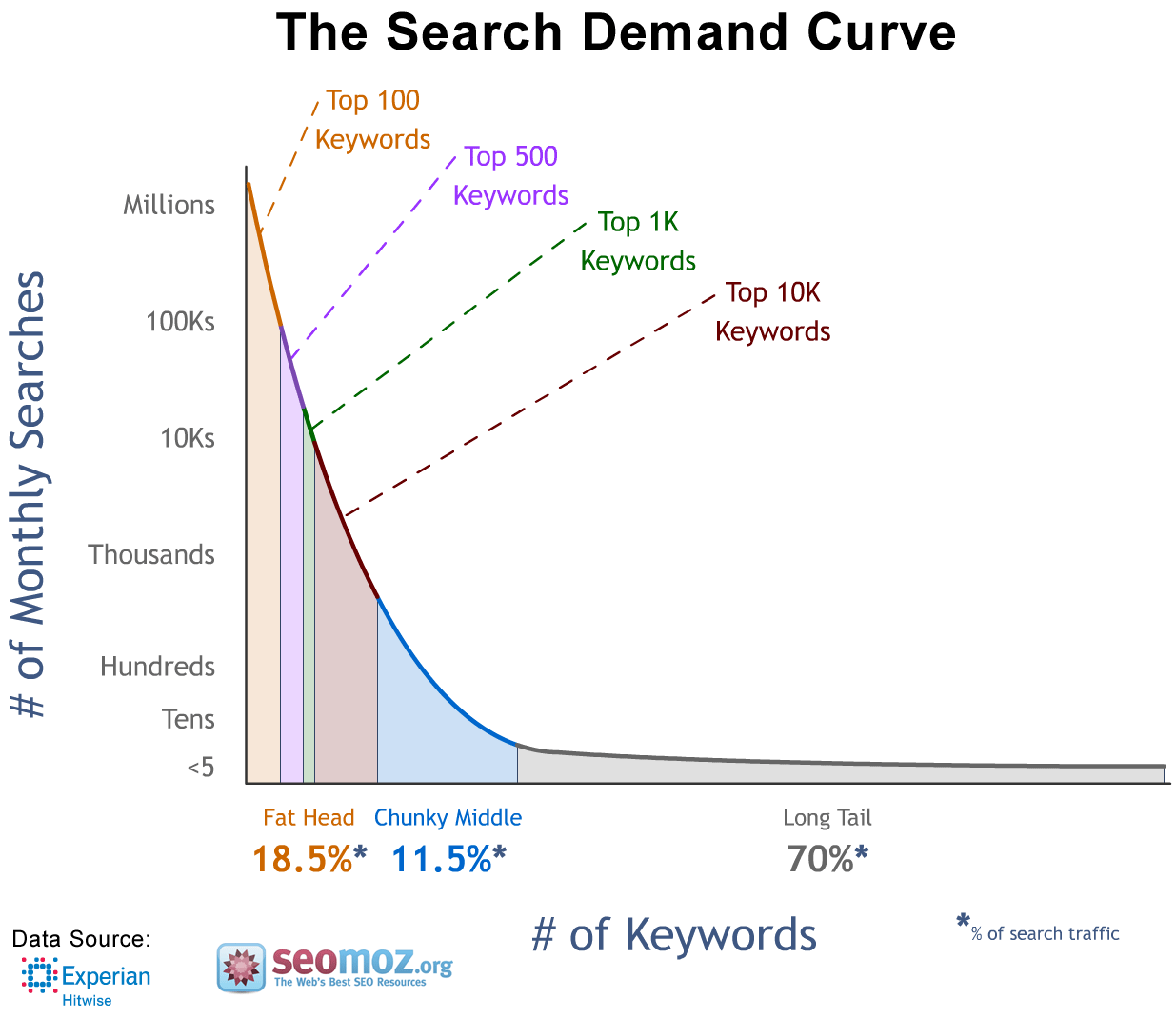Sarah Masters SEO: Keeping Up With The Keywords
After an AMAZING couple of days in DC (the food, people, and adventures were all unforgettable), it's nice to be writing to you from the comfort of my own desk. With my deadline of Friday's second interview fast approaching, I'm buckling down on my SEO studying and will have several posts, possibly two a day, coming your way. In the mean time, here's what I learned from yesterday's studies.
- You can’t just get visitors, you have to get the right kind of visitors. Justin Emig talked at the Google presentation about how essential it is to have the right type of visitors (ones you are converting), even if it means that your overall views diminish.
- Here's how to judge keywords for your website according to Moz:
- Decide if the people who are searching the keyword will be happy with the results and find them relevant on your site
- Stalk out the competition by searching your keyword. This way you’ll see how hard it is to get to the top (cue America’s Next Top Model theme song)
- If you’re not ranking, use Google Adwords or Bing Adcenter to purchase a campaign that can show you what the conversion rate would be for 200-300 clicks. This way you can see if the keyword will get you the type of results, you want (Side note: A week ago reading that sentence would have been like reading a foreign language! It’s so exciting to be able to understand this now!)
- After you’ve collected the data of visitors and total profit, find out how much each keyword is worth and determine what your click-through rank would lead to in visitors per day to come up with what you could be earning annually with this keyword.
- When looking at the Search Demand Curve, the long tail is where 70% of unique searches take place. Long tail searches convert better because when the search is more specific, it generally means that the searcher is further along in the buying process. You can see more in this fun chart from Moz that I stared at for entirely too long.
Image Source: Moz
- Resources exist to help you plan your keywords. The most common one used is Google AdWords Keyword Planner Tool. I poked around in what it offers and it’s pretty nifty because you can see how terms have performed historically as well as how it might do in the future.
- You probably shouldn’t try to take on the big guys. If the keyword you’re looking to use already has the top 10 results populated by some pretty hefty competition, will you be able to devote the time to make beat out one of these companies? Probably not if you’re a relatively small company. Meaning Indigo Bleu in downtown York probably shouldn’t try to rank with the keywords “bohemian fashion.” #justsayin’
As you can see, Indigo Bleu would have some stiff competition. (Sorry for using your store as an example if you're reading this, Zarah!)
As a look toward the future, I have posts set to publish tomorrow about SEO's animal kingdom and why I've fallen in love with SEO. Connect with me via the comments or Twitter if you have any tips to share!



